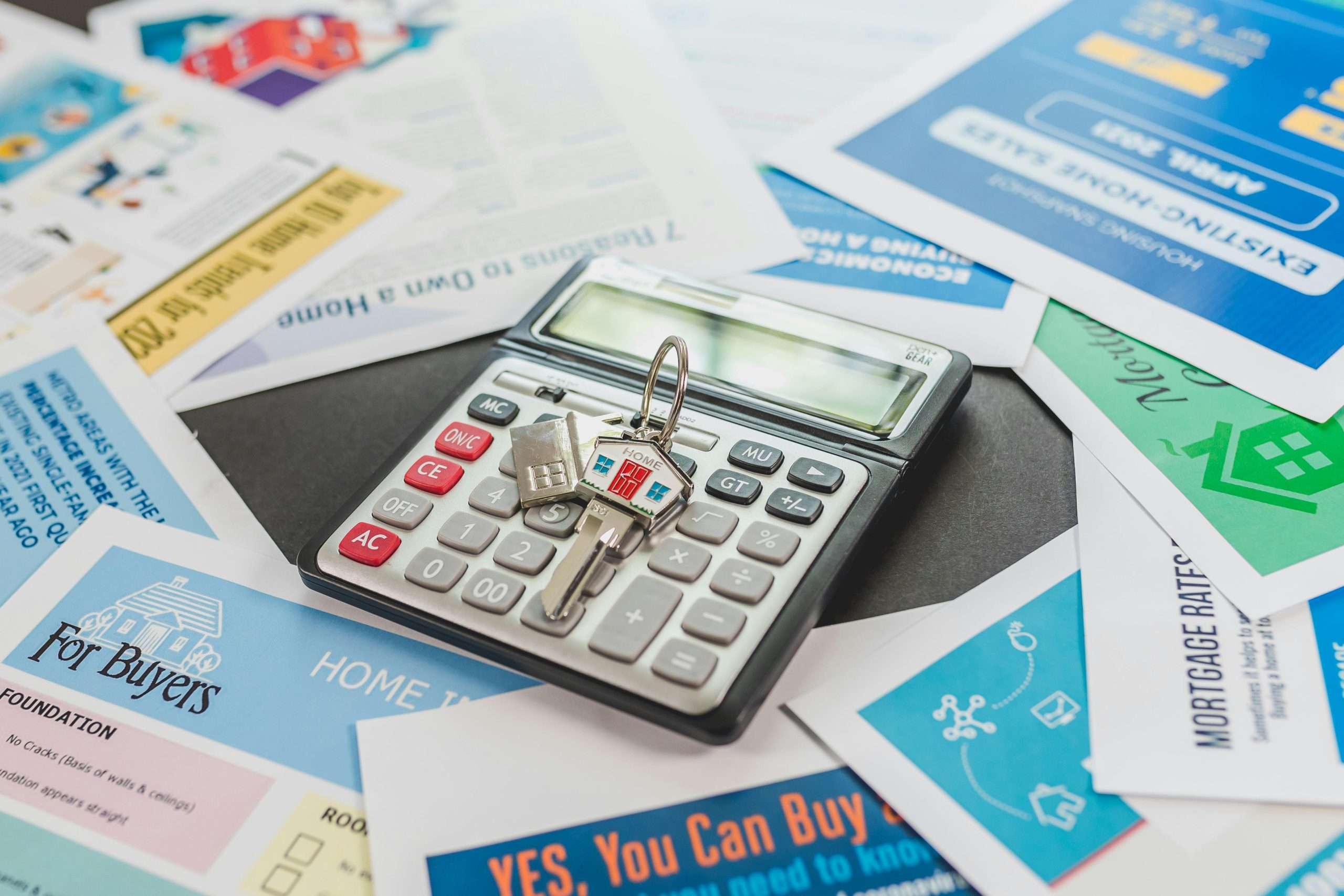Buying your first home is one of the biggest financial decisions you’ll ever make — but what if it could be more than just a place to live? With a strategic mindset, your first home can become the launchpad for building long-term wealth and financial freedom. Here’s how to buy your first home with the intention of turning it into a rental later — and why this move offers powerful flexibility and opportunity.
1. Shop Like a Homeowner and Investor
Most first-time buyers are focused on what they need right now — bedrooms, bathrooms, proximity to work. But when you also consider what future renters will want, you’re thinking like an investor. Ask yourself:
-
Is this location desirable for both owners and renters?
-
Will this layout and size appeal to future tenants?
-
Are there local attractions, schools, hospitals, or employers nearby?
-
Could I rent this out easily if my life changes — like getting a job in a new city?
Thinking ahead allows you to make a smarter purchase that not only fits your life today but also opens the door to income down the road.
2. Understand the Rental Market — It’s Your Secret Weapon
Knowing the current rent rates in the area is essential — and often overlooked by first-time buyers. Here’s why:
-
It helps you plan future cash flow: If the estimated rent will cover your mortgage, taxes, insurance, and maintenance, you’re in great shape to turn this into a cash-flowing rental.
-
It gives you confidence and flexibility: Life happens — if you relocate, get married, or decide to upgrade homes, knowing you can rent out your current place makes your next move less stressful.
-
It helps you build long-term equity: Even if you only break even month to month, a tenant is paying down your mortgage while your home continues to (hopefully) appreciate.
Websites like Rentometer, Zillow, or Facebook Marketplace can give you a ballpark figure for local rents — but a local real estate agent (like me) can give you a more detailed picture of your neighborhood’s true rental value.
3. Take Advantage of Low-Down-Payment Loans
Here’s where this strategy really shines: Buying your first home with an owner-occupied loan allows you to put as little as 3-5% down. Compare that to the 20-25% required for investment properties, and you’ve already won half the battle.
Lenders require that you live in the home for about a year — after that, you’re free to rent it out. This approach lets you:
-
Get in the game with less money upfront
-
Build equity and credit history as a homeowner
-
Gain experience managing a property with minimal risk
It’s like house-hacking without roommates — you live in the whole house now, and rent it out later.
4. Create Long-Term Value and Flexibility
The best part of this strategy? It gives you options.
-
You can keep the home and rent it for years, generating passive income.
-
You can refinance down the line and use equity to buy another property.
-
You can sell it later, potentially earning a solid return thanks to appreciation and loan pay-down.
-
You can move back in if your circumstances change.
This kind of financial flexibility is priceless. You’re not locked in — you’re leveraging your home to unlock new opportunities.
5. Your First Home Is the Start of Your Real Estate Portfolio
This approach is how many real estate investors get started — not with flashy apartment buildings or multiple properties, but by turning their starter home into a starter asset.
Over time, the rental income can help you:
-
Cover your next mortgage
-
Build a real estate portfolio
-
Gain tax advantages (mortgage interest, depreciation, repairs)
-
Create financial independence
It all starts with one smart purchase.
Final Thoughts
Your first home doesn’t have to be your forever home — but it can be the foundation of your financial future. If you’re buying your first place, think long-term. Know the rental market. Understand your financing options. And always buy with flexibility in mind.
Let’s talk about how to find a property that fits your life today and grows with you tomorrow. This isn’t just real estate — it’s your future wealth in the making.


 Facebook
Facebook
 X
X
 Pinterest
Pinterest
 Copy Link
Copy Link


